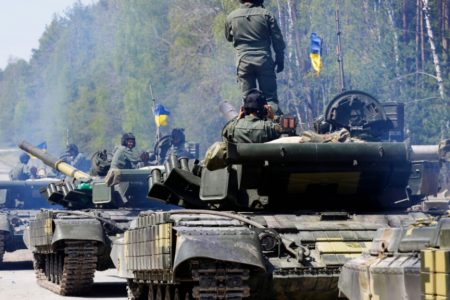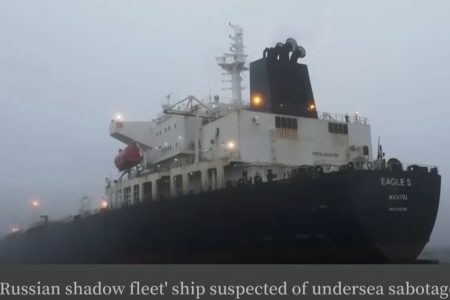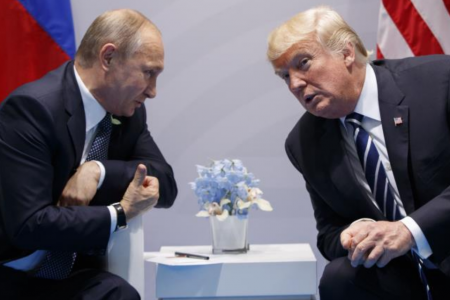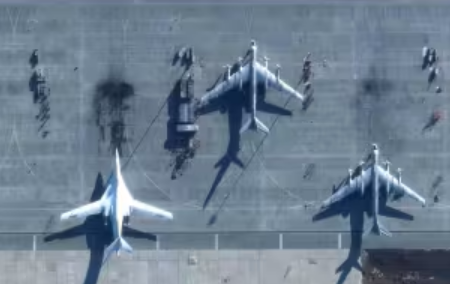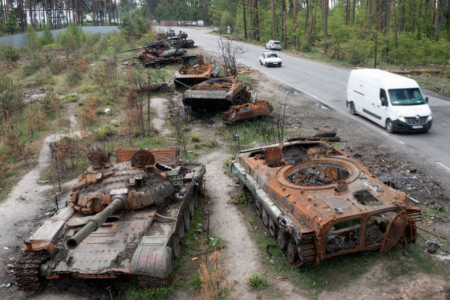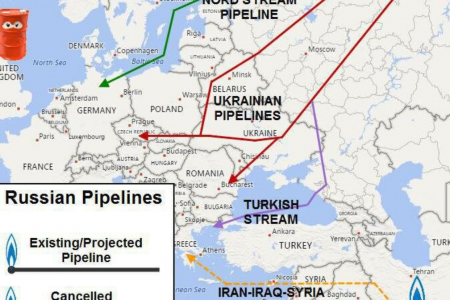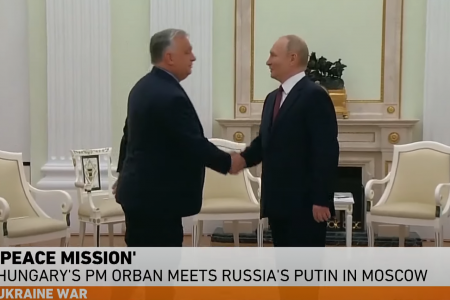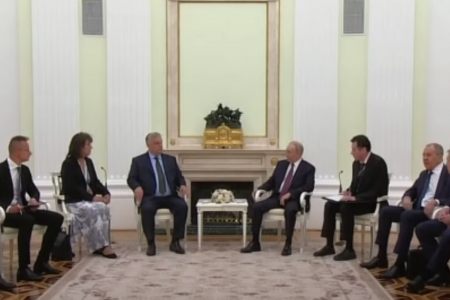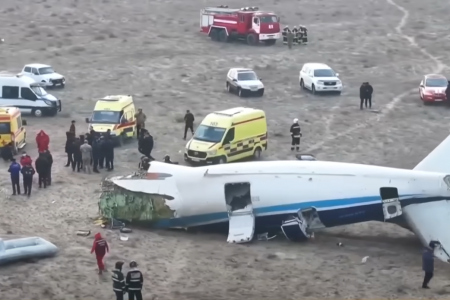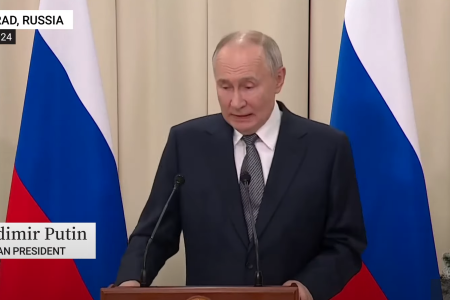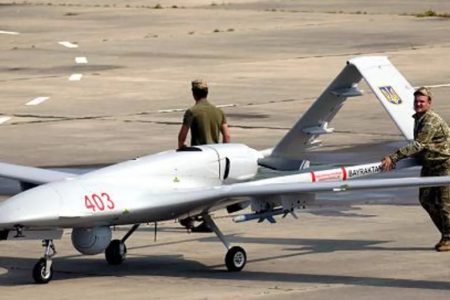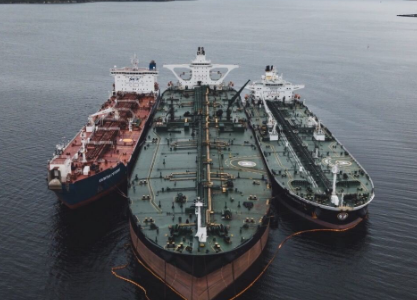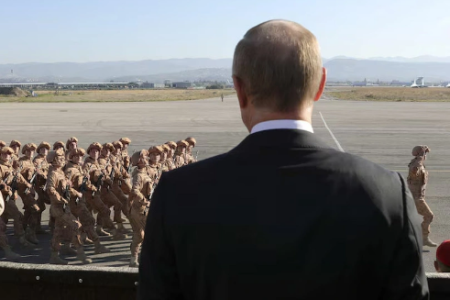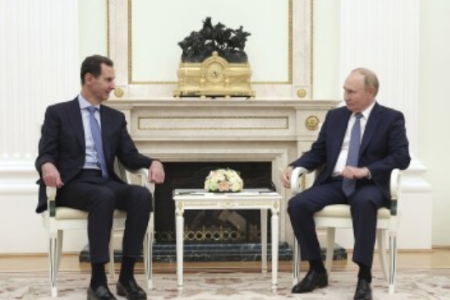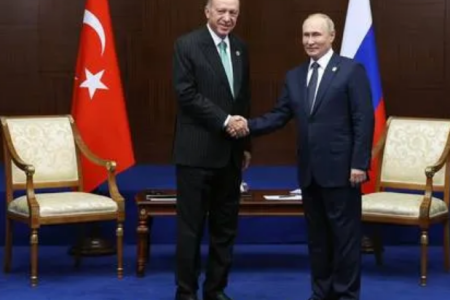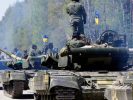
Canada is the 14th largest foreign investor in Vietnam as of November 2021 with 231 projects worth $4.81 billion. Vietnam is Canada’s top trading partner in ASEAN.
For the last few years, Canada has looked to Vietnam as a dynamic player playing an important role in the Indo-Pacific strategy that is gradually being shaped by Ottawa. Hanoi also has additional support from a Western country to deal with China’s excessive sovereignty claims in the South China Sea.
It can be said that 2018 marks a turning point in Canada’s Indo-Pacific policy. From avoiding mentioning disputes in the South China Sea, Prime Minister Trudeau’s government has directly criticized China and regularly sent warships through the waters that Beijing unilaterally claims all sovereignty to “show Canada’s support for our closest partners and allies, for security and for the rules-based international order” (1).
Canadian Foreign Minister Mélanie Joly was commissioned by the government to “develop and implement a new comprehensive Indo-Pacific strategy to strengthen our diplomatic, economic and defense partnership.” However, research for about two years, but very little information about this strategy has been revealed, according to Radio-Canada on January 29, 2022. Experts impatiently warned: “Without the Indo-Pacific strategy, Canada would not be involved in the legislative process. That means Canada could lose out because of laws that have been put in place by other countries.” (2)
Canada is accelerating to make up for the lost time in shaping its Indo-Pacific strategy, which is expected to account for more than half of global GDP by 2040. In this strategy, Vietnam is assessed as a dynamic factor. This explains the series of bilateral meetings and cooperation events from defense to trade between Vietnam and Canada in 2020-2021, according to Professor Eric Mottet, Catholic University of Lille (France) when replying to RFI in Vietnamese.
RFI: Since the last few years, Canada has completely changed its stance on China’s claims to sovereignty in the East Sea (South China Sea) and has shown more and more interest in this area. What are the reasons for Ottawa’s change?
Prof. Eric Mottet: It is true that the Royal Canadian Navy is increasingly present in the Taiwan Strait and the South China Sea. It is clear that this presence is more numerous than it used to be, given that the Canadian Navy has been relatively absent from the region over the years. This is partly explained by the fact that the Ottawa government thinking of an Indo-Pacific strategy should observe what the US, European Union, Japan, Australia, India do in terms of security in this area.
Canada considered what its strategy in the Pacific would look like and came to the conclusion that it needed a military presence, including a navy, in the waters of the Indo-Pacific. This also helped Canada get out of a position of conflict with China, which lasted for three years. Canada hopes to somehow regain normalcy in relations with China. And to come to this normalization, the Ottawa government believes that there must be a more frequent maritime presence in the Indo-Pacific, especially in the South China Sea.
RFI: You said the relationship between China and Canada has been very tense over the years. But will a more frequent presence in the Indo-Pacific, particularly in the South China Sea, increase tensions?
Prof. Eric Mottet: No, because Canada has reinforced their position. Over the course of three years, events involving Huawei and two citizens Michael Spavor and Kovrig being detained in China have complicated bilateral relations. For a long time, Canada didn’t know what to do with this problem.
Now that both Michaels has returned home, bilateral relations have softened a bit. On the contrary, Canada is still quite upset about the way China has handled that situation, so it has to be a little tougher, a little more aggressive, and show that Canada is a country that might have a presence in the Indo-Pacific, will deploy a strategy for this area. So Canada will be more active in the Indo-Pacific in the future.
RFI: What role can Hanoi play in Canada’s Indo-Pacific strategy?
Prof. Eric Mottet: I think Hanoi’s strategy, in a broader view, falls within the ASEAN strategy. For all parties working on the Indo-Pacific strategy such as the US, the European Union, Japan, Australia, or India, ASEAN is at the heart of the Indo-Pacific strategy. Vietnam is a member with a large role in ASEAN in terms of economy, politics, and diplomacy, so of course, the above countries must also rely on Vietnam.
Within the framework of Ottawa’s Indo-Pacific strategy, the relationship between Vietnam and Canada will build on existing agreements, such as the Comprehensive and Progressive Agreement for Trans-Pacific Partnership (CPTPP), which helps economic exchange between the two countries. In addition, it can also be seen that Vietnam will become a strategic fulcrum in the Indo-Pacific region for Canada. This bilateral relationship also relies on the Vietnamese community living in Canada, as well as the fact that Vietnam is a rising country that the whole world is currently looking forward to.
In the Indo-Pacific region, there are two countries that are very noticeable: Indonesia and Vietnam. All parties looking to this region are paying attention to Vietnam, a country that will be fully embedded in Canada’s Indo-Pacific strategy.
RFI: On July 7, 2021, the Vietnam-Canada Defense Consultation took place in Hanoi. Canada then opened the Permanent Office of the Defense Attaché in Hanoi. What benefits will Vietnam get when strengthening ties with Canada in defense and economy, including the fact that the CPTPP Agreement takes effect from the beginning of 2022, which both Vietnam and Canada join?
Prof. Eric Mottet: In terms of security, having Ottawa’s support in its sovereignty dispute with China in the South China Sea is very positive for Vietnam because Canada is a weighty factor, being a Western country is also located in the Indo-Pacific region, although Canada was initially less expressive on this issue, now it is more obvious.
In addition, it is true that we see Canada strengthening its partnerships with regional countries and institutions in the South China Sea. Canadian Defense Minister attended the International Conference on the East Sea in Hanoi in November 2020. He also participated in many defense forums with ASEAN countries. Currently, Canada has one military attache in Vietnam and one in Malaysia. It can be seen that Vietnam is targeted by Canada as the place where a military attache’s office must be established and jointly researched to come up with an agreement to concretize the protocol on the security plan (signed by two defense ministers in 2019). In addition, the Canadian Navy also visited Cam Ranh port, central Vietnam in June 2021. This is the first event in many years. In general, it can be seen that Vietnam and Canada are closer together in terms of security.
As for trade, don’t forget that Vietnam is Canada’s main trading partner in ASEAN. The Ottawa government also expressed its desire to gradually prioritize Vietnam as an important economic and trade partner, including through the import of agricultural products, food, or cooperation on issues related to education, technology, information, and communication… It can be seen that both countries are increasing their bilateral economic ties.
I would like to reiterate that Canada considers Vietnam to be a country in ASEAN, in the Indo-Pacific region, to rely on in the future, both in terms of security, terms trade, and economy.
RFI: It can be seen that Canada is still alone in conducting freedom of navigation operations in the South China Sea or making many statements against unilateral actions that cause further tension in the region. Why does Canada not participate in joint patrols with the US under the framework of FONOP?
Prof. Eric Mottet: It is true that Canada does not participate in the US FONOPs for freedom of navigation. When we know a little bit about Canadian foreign policy, we know that for Ottawa, it is important to maintain a so-called “sane” approach to American policy. They will not copy or radically participate in every initiative, including the security, of the United States. Ottawa chose its own path, independent of Washington, so it did not participate in American campaigns.
But right now, in Ottawa, there is a debate about why Canada is not participating and why Canada should participate in the US-led FONOP operation in the South China Sea. Currently, Ottawa has not yet officially responded, but it seems that the Ottawa government does not want to cause disagreement. In fact, between Canada and the United States, there is still a disagreement about the direction of navigation in the northwest: Washington considers it an international shipping route, while Ottawa insists that it belongs to their sovereignty. And since there have been a number of maritime disputes, Canada does not want to get involved and set a further precedent with the US.
Next, I think that the relationship between Ottawa and Beijing still has many problems, maybe that’s why Canada does not want to confront China more because it should be repeated that the bilateral relationship is still very bad and has not been improved. In my opinion, Canada does not want to “add fuel to the fire” in a relationship that is already very complicated and still has no way out. In addition, it is also important to know that 70% of Canadians hold a grudge against China. I think Ottawa doesn’t want to exacerbate this view of the population.
RFI Vietnamese would like to thank Professor Eric Mottet, the Catholic University of Lille in France.
Thoibao.de (Translated)
Millions of THANKS!
Millions of people have watched our news and programs. More and more people choose to support us. Because there is an urgent need for an independent, critical voice in the media for Vietnam.
Your support will help everyone to have free access to thoibao.de. Because we consider the press not only a communication product but also a beneficial activity for the community.
There have been tens of millions of people every month who do not have to pay any money to read news on thoibao.de, but as you know, we have to invest a lot in order to have quality journalism. That’s why we need your support.
You can send your support as follow
1/ Via Paypal, Visa, Mastercard, America Experess, Sepa Lastschrift:
2/ Via bank transfer:
Account name: Thoibao.de
IBAN: DE36 1005 0000 0190 636319
SWIFT: BELADEBE
Address: Berliner Sparkasse, Ostseestr. 109, 10409 Berlin, Germany
When sponsoring or transferring money, please write the words: Support thoibao.de
Thank you very much
Le Trung Khoa – editor-in-chief
Email: info@thoibao.de
Viber/WhatsApp/Telegram/Signal: +49 170 2363084





